Building Modern Chicago
Journey with me back to the architectural heyday of Chicago at the turn of the century, as I track the indelible influence of builder Victor Falkenau—my great-grandfather—on the city’s growth
I’m writing a nonfiction book about the making of Chicago during the late 19th century and the role my great-grandfather, Victor Falkenau, a renowned—and controversial—building contractor had in it. He left a lasting impact on the city as we know it today.
Victor constructed buildings designed by prominent architects like Dankmar Adler, Louis Sullivan, and Frank Lloyd Wright. He put up iconic structures such as the Stock Exchange, the Congress Hotel, and the Haymarket Theater. In his quest to make Chicago the country’s most modern city, he built factories for the Western Electric Company to bring electricity and telephones to Chicago’s homeowners and businesses. He raised money to improve the lot of poor families packed into slums near the slaughterhouses. So great was his vision that, in one of the largest engineering feats ever, he helped change the course of the Chicago River to bring clean water to the city’s residents. Among the dunes and swamps on the southern shore of Lake Michigan, he built some of the largest, most important buildings for U.S. Steel when it constructed Gary Works, “the industrial wonder of the world.”
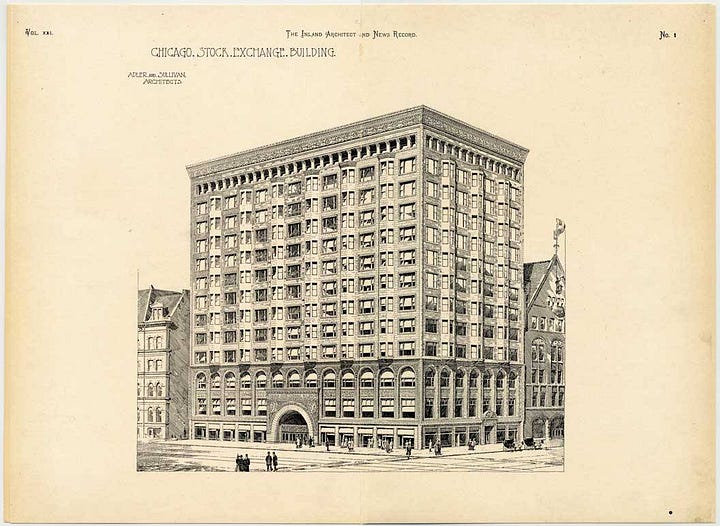
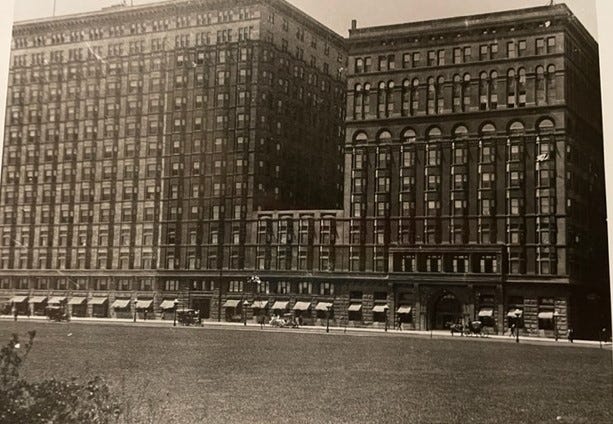
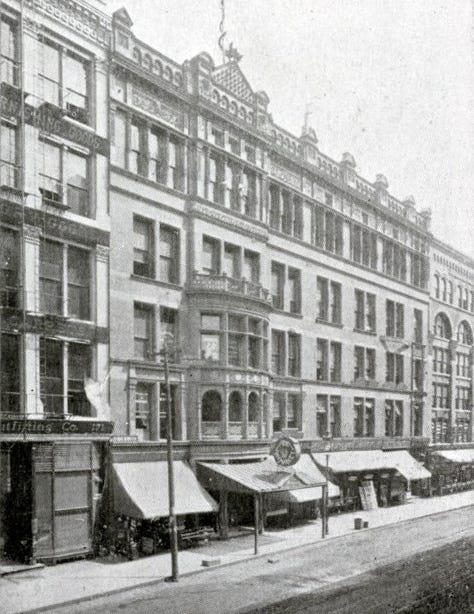

Respected and feared, Victor suffered the wrath of union bosses and strikers who threatened his life and his family’s safety. Day after day, union laborers walked out on him, terrorized his non-union workers, and paralyzed the construction industry through violencea and picket lines. As the spokesman for 1,200 of the city’s building contractors, union bosses took revenge on Victor for opposing sympathetic strikes and union rules that brought the construction industry, and the city’s growth, to a halt.


At the height of his career, a crisis forced a reckoning of how to make his work add up to the legacy he envisioned.
To find information and develop a story, I’m scouring the internet, Ancestry.com, and newpapers.com. I’ve read over two hundred newspaper articles mentioning Victor and his family members. I’ve analyzed photographs, passenger lists, censuses, marriage and death registries, and wills. In my mother’s apartment, I rummaged through boxes of memorabilia. I’ve sorted through files in historical societies, museums, and archives in places where Victor and his family had lived: New York City; Funchal, the capital of Portugal’s island of Madeira; Chicago; and Altadena, California. I’ve pored over law suits from the National Archives. I walked up the same wooden staircase, held onto the same banister, and leaned against the same fireplace mantel as Victor and his wife, Marie, had done when I visited in their home on the University of Chicago campus.

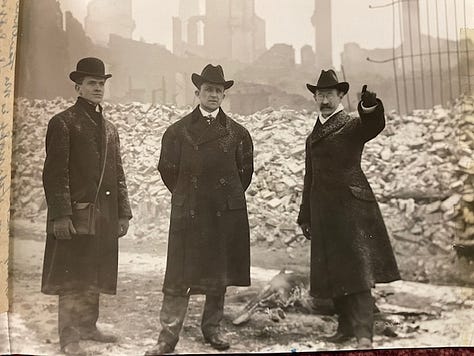
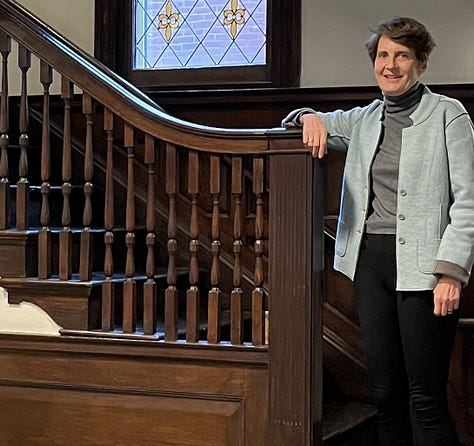
I have a lot more fact-finding and detective work ahead of me…
I’ve written other Substack posts about Victor and his family’s life:
1. The initial “On the Trail of Victor Falkenau” about the book and why I’m writing it (I’ve used some of this January post to relaunch this new one)
2. My trip to the island of Madeira where Victor spent some of his childhood because his father and eldest brother sought state-of-the-art care for consumption (tuberculosis) there
3. The search in Madeira’s capital, Funchal, for Victor’s brother’s grave and information about his death
4. Victor’s youngest daughter’s, my grandmother’s, summer job as a “farmerette” doing a man’s work on a West Virginia farm during the Great War and the contribution she and thousands of other farmerettes made to achieving women’s right to vote
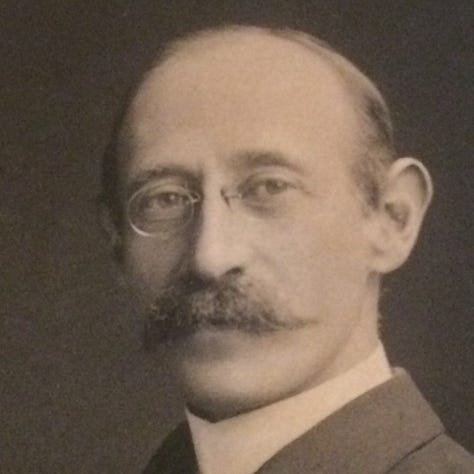
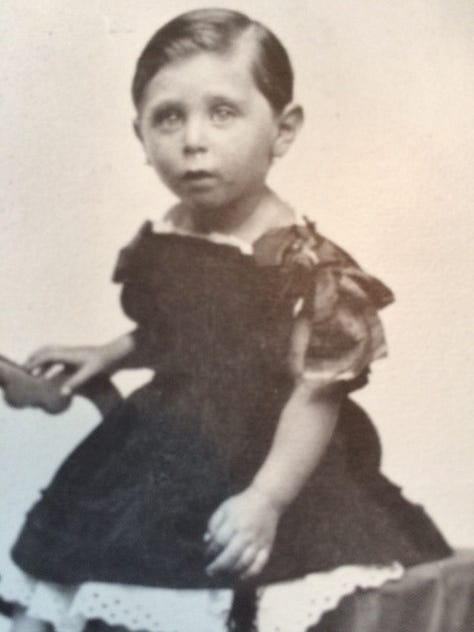

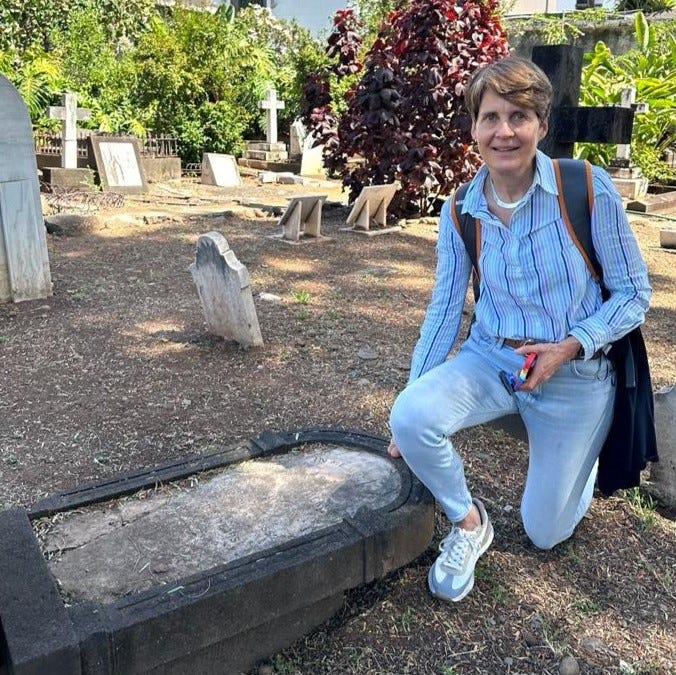
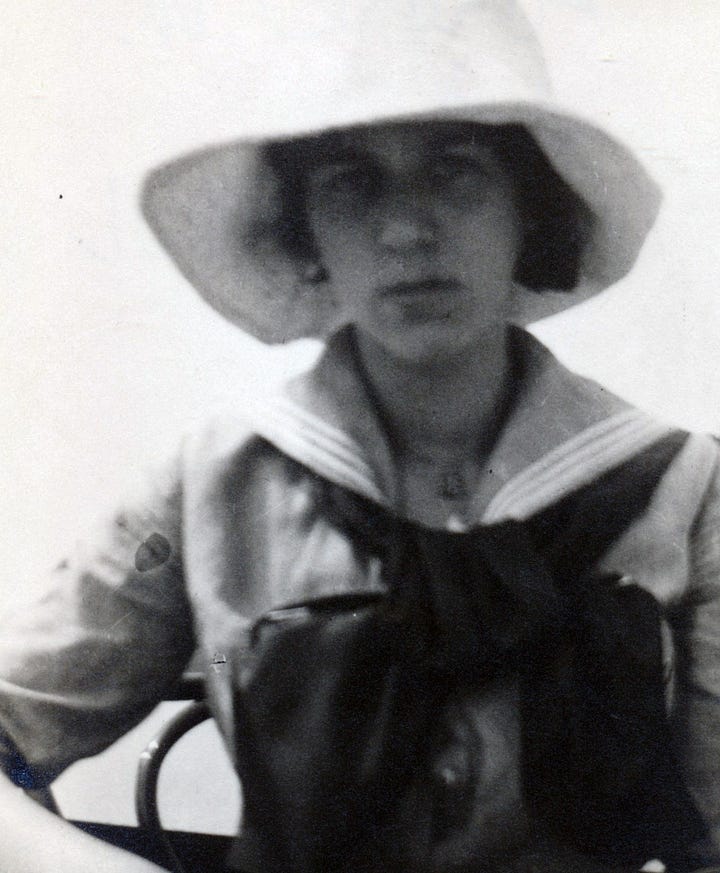
This monthly Substack series, Building Modern Chicago, will focus on the book and some of the intriguing facts and findings I turn up while researching Victor’s life. I will write about the twists and turns of gathering information, the people I meet, and where I seek the truth about what happened more than a century ago.
I welcome your suggestions, along with any background knowledge, corrections to what I’ve said, book recommendations, or family histories about Chicago that might feed my thinking. Thank you.





I hope you are keeping a diary of the process of your research, in addition to the fascinating story you are uncovering of your great grandfather's life! I would love to know, for example, how you are keeping all of your records/photos/notes organized. I am committed to getting my family photos/documents organized in 2025.
I'm already hooked - what a fascinating story, and man! Looking forward to going on this journey with you.